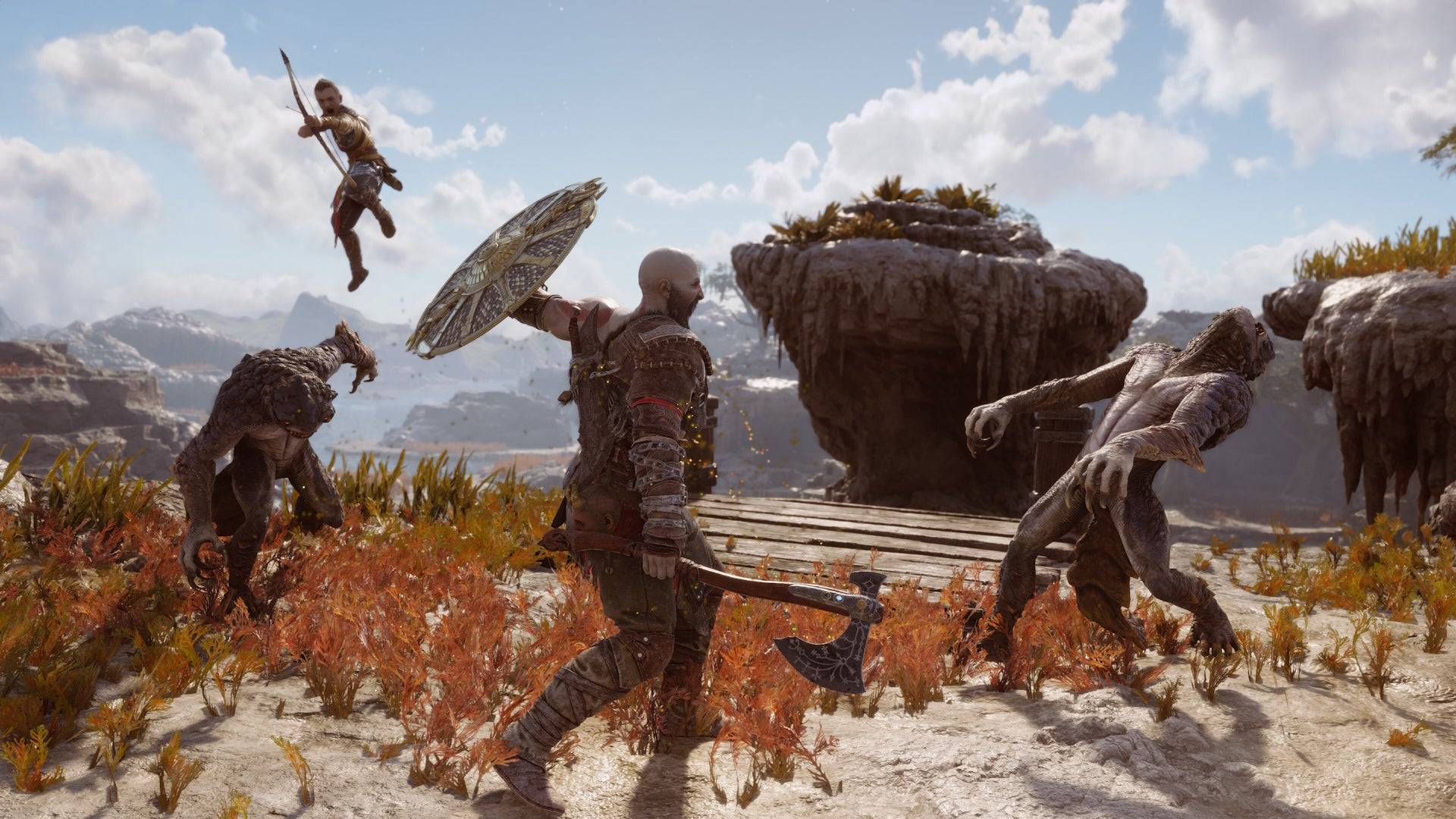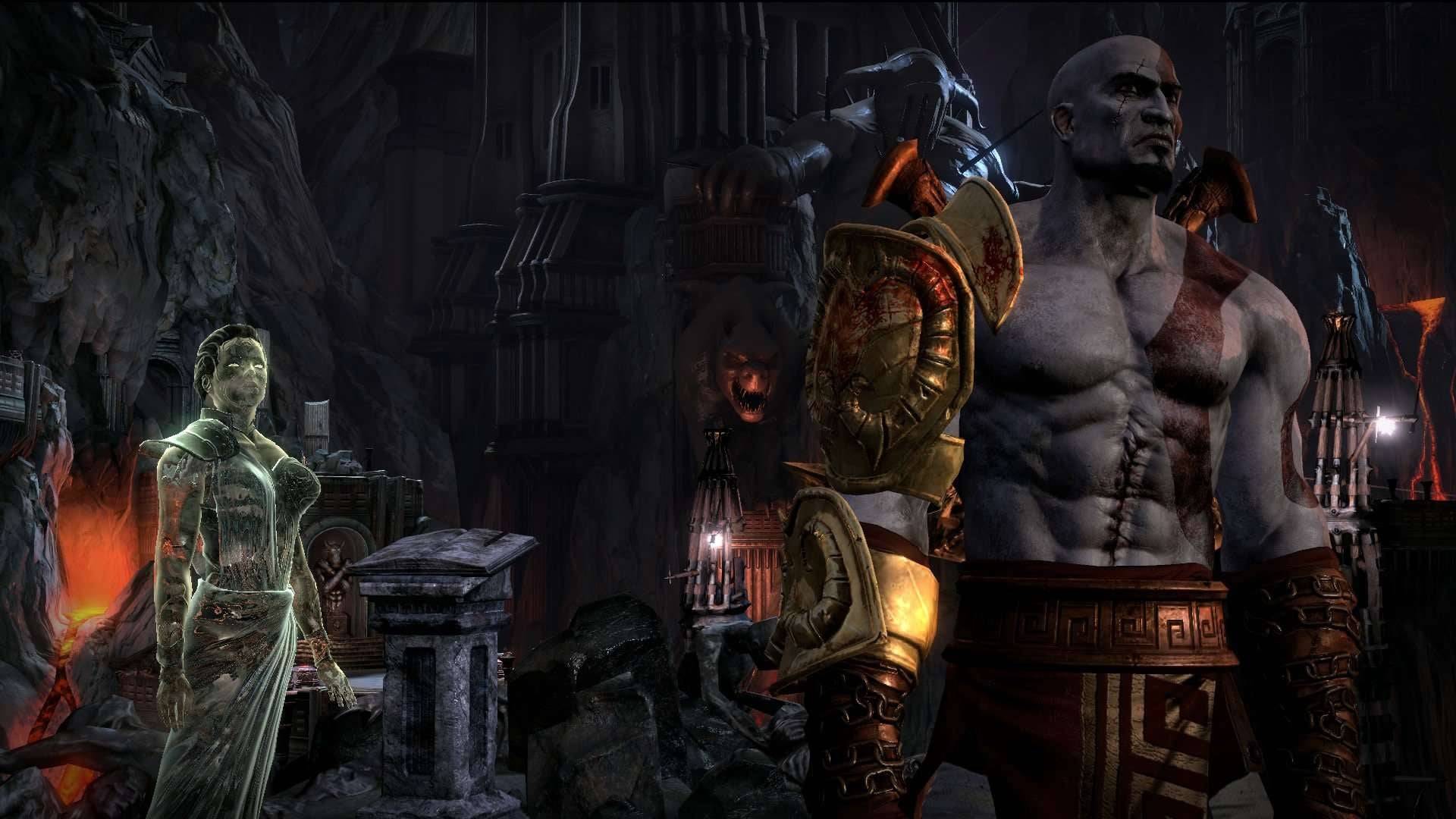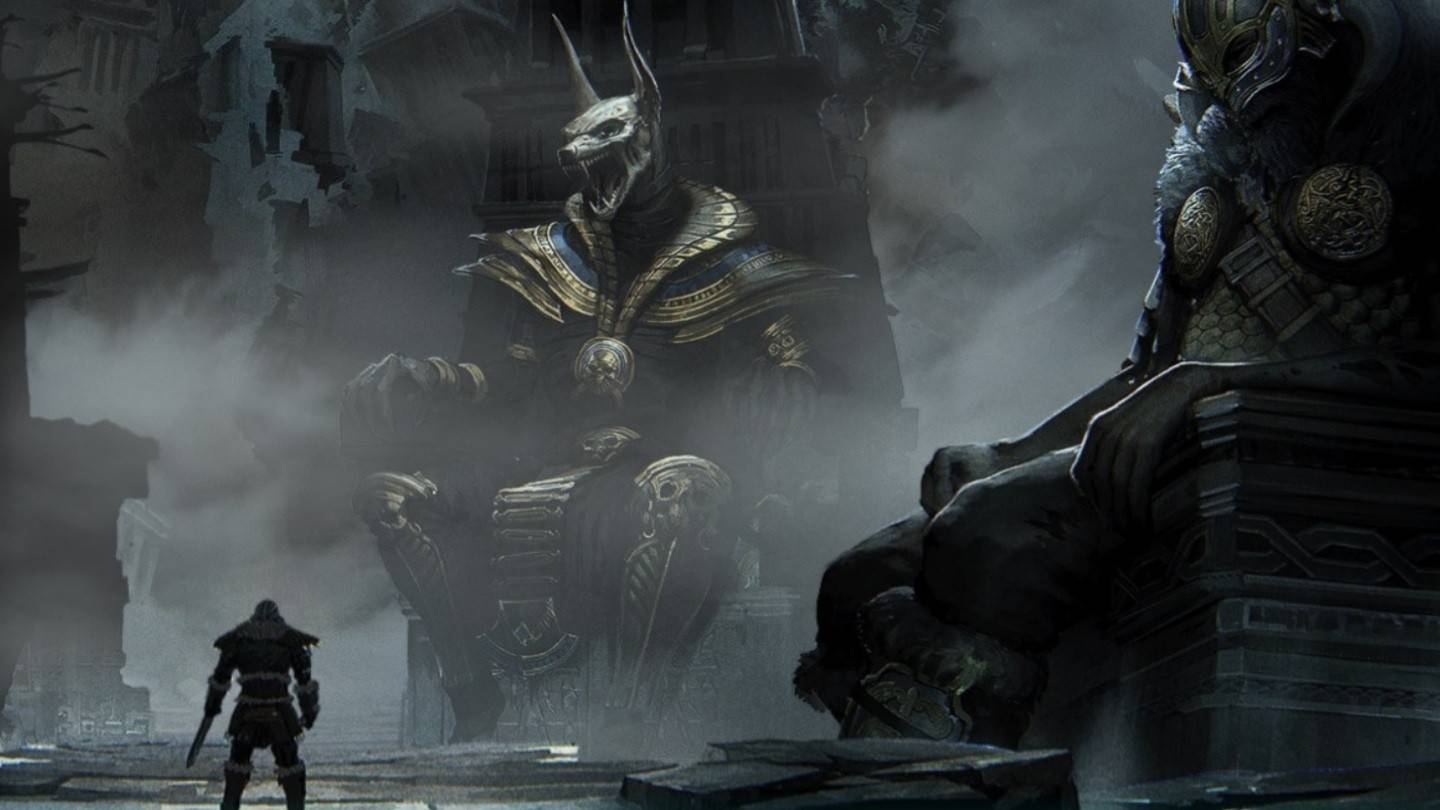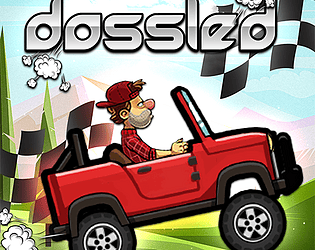The *God of War* series has been a cornerstone of PlayStation gaming for four generations, captivating players since Kratos' vengeful journey began in 2005. Few could have predicted the trajectory of this enraged deity's path over the next two decades. While many long-standing franchises struggle to remain relevant, *God of War* has thrived by embracing change. The pivotal moment came with the 2018 reboot, which transplanted Kratos from the world of Ancient Greece to Norse mythology, revolutionizing both the series' presentation and gameplay. Even prior to this transformative shift, Sony Santa Monica introduced smaller, yet significant, modifications that kept the series alive and well.
To ensure continued success, reinvention will be crucial for *God of War*. The transition to Norse mythology prompted director Cory Barlog to express interest in exploring other mythologies, such as Egyptian and Mayan. Rumors of an Egyptian setting have resurfaced, and the allure of Ancient Egypt's rich culture and mythology is understandable. However, a new setting is only the beginning. The next *God of War* must evolve in the same way the series successfully updated and enhanced the beloved components of the Greek trilogy for the critically acclaimed Norse games.

The series has consistently evolved with each installment. The original Greek games, spanning a decade, refined their hack-and-slash mechanics, culminating in the polished masterpiece that was *God of War 3*. This final chapter, powered by the PlayStation 3, introduced a revamped magic system that complemented the melee combat's rhythmic combos and presented players with a broader array of challenging foes. The shift to new camera angles showcased the game's graphical prowess in 2010.
The 2018 reboot saw significant changes, with the Greek trilogy's platforming and puzzle elements being altered. The platforming sections were removed, partly due to the new third-person, over-the-shoulder camera perspective, while the puzzles were adapted to fit the new adventure-first design. The *Valhalla* DLC for *God of War Ragnarök* marked a return to the series' roots by reintroducing battle arenas, now adapted to the Norse setting. This mechanic's revival mirrored the story's thematic return to Kratos' past, bringing his journey full circle.

The Norse era of *God of War* introduced not only reinterpretations but also fresh additions to the series. The Leviathan Axe's unique throwing mechanics, a combat-defining parry system enabled by various shield types, and the magical spear in *Ragnarök* offering a faster, explosive attack style, are just a few of the innovations. These new mechanics allow players to traverse the diverse landscapes of the Nine Realms, each with its own distinct enemies, visuals, and characteristics.
The most profound change, however, lies in the storytelling. The Norse games delve deeply into Kratos' emotional journey, highlighting his grief for his deceased wife and his complex relationship with his son, Atreus. This nuanced approach to storytelling marks a significant departure from the original trilogy's more straightforward narrative, contributing to the Norse era's critical and commercial success. The developers view these games not as traditional sequels but as extensions of Kratos' journey, a perspective that should guide future installments.
The reinvention of *God of War* stands in contrast to other series like *Assassin's Creed*, which has also shifted settings and gameplay styles. While *Assassin's Creed* has remained profitable, it has struggled to maintain fan loyalty across generations. The shift to an open-world RPG format with *Origins* in 2017 diluted the series' connection to its assassin roots, leading to a more divisive reception with each new game. Recent efforts like *Assassin's Creed Mirage* and the upcoming *Shadows* aim to reconnect with the series' original stealth-focused gameplay.
The *God of War* series has navigated its evolution skillfully, never losing sight of what made Kratos and the series compelling. The Norse games built upon the core of the Greek trilogy's intense combat, introducing new elements like Spartan Rage options, innovative weapons, and diverse combat scenarios. These enhancements deepened the series' lore and maintained its identity, a balance that any future *God of War* game, whether set in Egypt or elsewhere, must continue to strike.
As rumors of an Egyptian setting circulate, the next *God of War* must evolve while preserving the elements that have made the series successful. The 2018 reboot focused on maintaining the high standards of combat established by the Greek trilogy. However, the next game will likely be judged by its storytelling, the heart of the Norse duology. Kratos' transformation from a rage-driven warrior to a complex father and leader underscores the importance of narrative in the series' recent success. Future installments must build on this strength while introducing bold new changes, aiming to set a new benchmark for the *God of War* saga.







